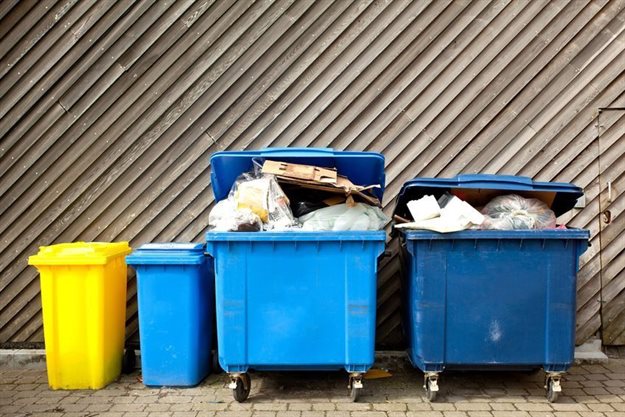Forced to adapt very quickly in response to the Covid-19 pandemic and the resultant lockdown in SA, both public and private waste management organisations had to relook at their operational strategies to see themselves through a challenging economic phase. Along with the Covid-19-related challenges, the waste sector has had to comply with fast-changing legislation.
“Not only did South Africa’s waste sector comply and adjust to Covid-19 circumstances, we saw the launch of a new national waste management strategy that is aimed at bolstering the circular economy by giving waste more value,” says Brendon Jewaskiewitz, president of the Institute of Waste Management of Southern Africa (IWMSA).
In light of the new waste management strategy, the IWMSA is focusing on the circular economy during its flagship waste management conference, WasteCon, which will take place from 9-11 February 2021 at Emperors Palace in Johannesburg.
Replacing the ‘end-of-life’ concept
The circular economy is an economic system that replaces the ‘end-of-life’ concept by reducing, reusing, recycling and recovering materials in production, distribution and consumption processes, with the aim of achieving sustainable development. The reuse and recycling of products is of great importance, and at the end of its life cycle, a product should become a new resource rather than being discarded to landfill.
Circular economy recognises the value of ‘waste items’ and focuses on re-purposing them as alternative resources. To adopt this circular concept, products are also designed for durability, reuse and recyclability, and materials for new products will arise from old products. As much as possible, everything is reused, re-manufactured and recycled back into a raw material or used as a source of energy.
The transition to a circular economy is beneficial for both the environment (taking stress off virgin natural resources) and the economy, where costs are saved by re-purposing materials. A circular economy will also bring more green jobs to many sectors.
WasteCon will bring together many major waste sector role-players from private waste management companies, national, provincial and local government departments and municipalities to provide a platform to discuss the transition to a circular economy and the new waste management strategy.
For more information, go to www.wastecon.co.za.


























































